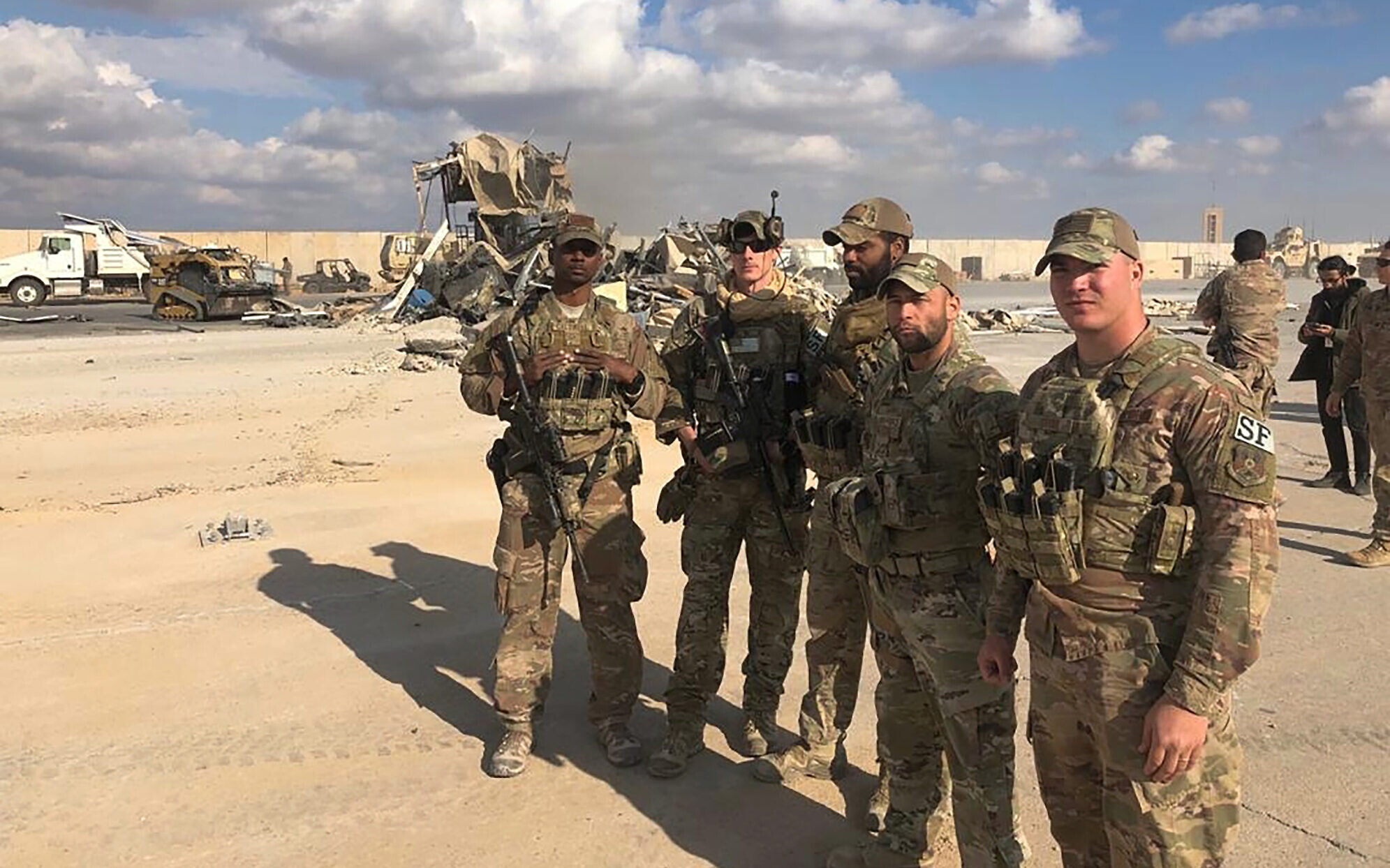Professor Duncan Bell joins The Hayseed Scholar podcast. Duncan grew up in the Midlands in a rural area of England. He was interested in international politics from a fairly young age. Duncan chose to pursue a degree in war studies at King's College London, and...


